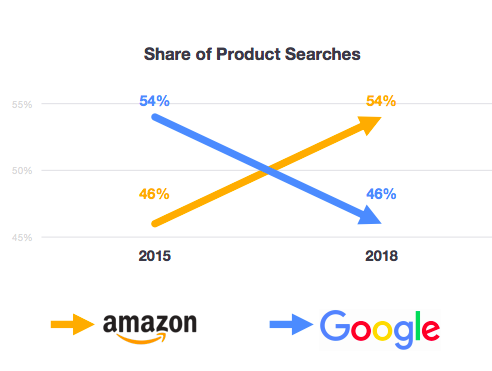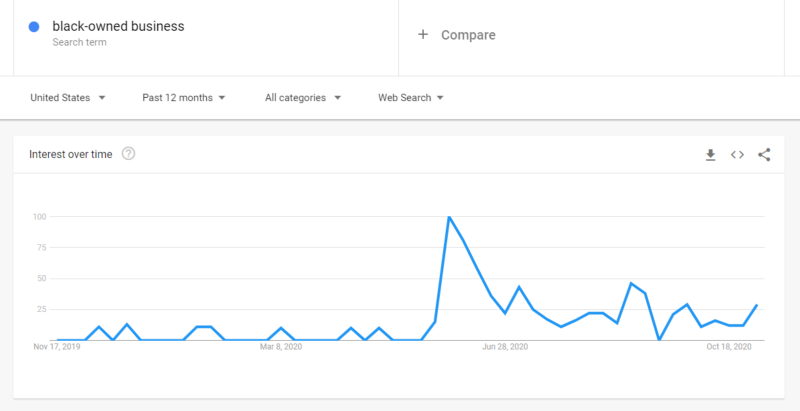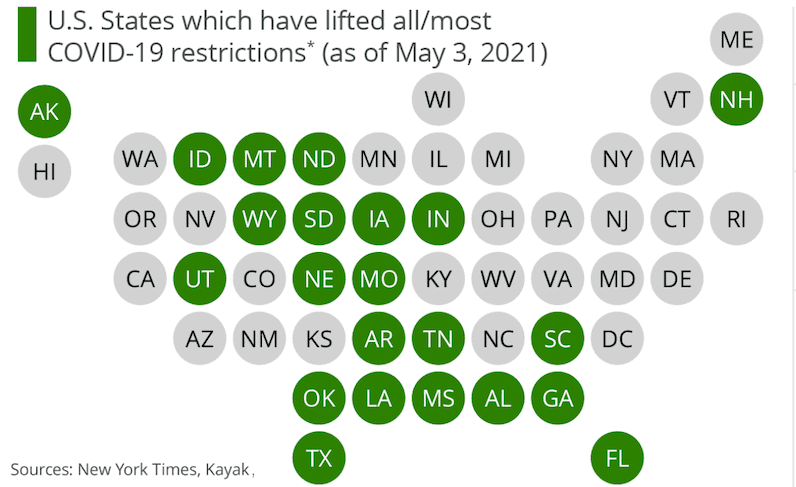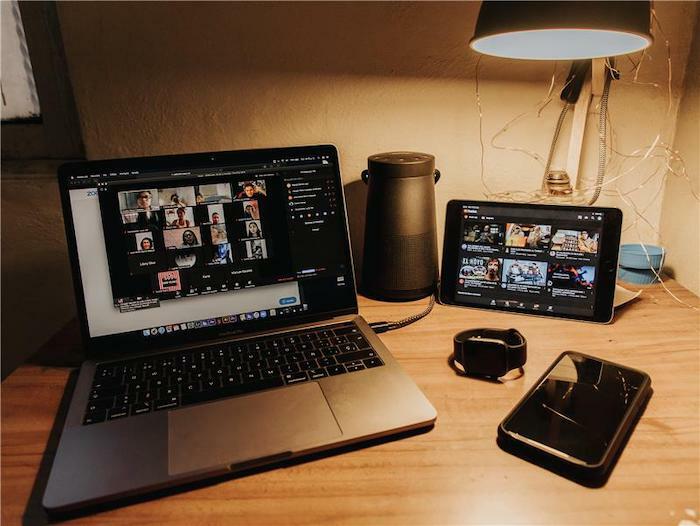By now, everyone knows that Covid-19 is decimating small businesses across the country; fewer are aware that the negative impact of the pandemic has fallen disproportionately on Black businesses. If you’re a Black business owner, that might not come as news, but for many, the recent New York Times analysis of the impact of Covid-19 on Black businesses came as a real shock.

That analysis also acted as something of a wake-up call. Look just a little deeper than the headline figures, as we’ll do in this article, and you’ll see that the analysis reveals some troubling aspects of the way that we in America do business. Specifically, it shows that the kind of community-based commerce that our country was founded on is in danger of disappearing; instead of buying goods from community stores, shoppers now increasingly buy them online, often from giant corporations like Amazon.
In this article, we’ll take a closer look at why Black-owned businesses have been hit so hard by the pandemic, how they can survive, and what we can do to help. And, if you’re a business owner yourself, we’ll share some resources for how you can bring more attention to your business and drive more sales this holiday season.
Unbalanced effects
First, let’s take a look at how the pandemic has affected Black business owners. The figures make for sobering reading. In research reported in the NYT, more than 40%of Black business owners reported they weren’t working in April – that is, during the time when businesses were feeling the worst of the pandemic’s economic consequences. Only 17% of white small business owners said the same. These figures come from an analysis of government data by Robert Fairlie of the University of California, Santa Cruz.

The Times article goes on to sum up the ways in which Covid-19 has disproportionately affected Black businesses, and how this builds on discrimination that these same businesses already face. For example, Black people are more than twice as likely as other Americans to die of the coronavirus, and they are much more likely to be victims of police violence.
From the perspective of someone who works in tech, however, there are also some very interesting implications of these data. Look a little deeper, and you’ll see that the primary way in which struggling Black businesses are seeking to weather this storm is through cutting back on their social media marketing and their budgets for other digital marketing efforts. This makes their businesses less visible and less competitive online.
The shift to digital retail
Take even a quick look at the way that people in America shop now, and you’ll immediately see that technology has transformed the very basis of retail in our country. Voice search accounted for one in five searches as long ago as 2016 according to Google, and most people will visit one of the huge online marketplaces (Amazon, mainly) to look for items to purchase.

This means that businesses with less technological expertise or smaller budgets are falling further behind those that can afford to spend big on digital advertising. And this, in turn, means that some Black businesses are falling behind their white-owned counterparts in an environment where consumers are moving all their spending online.
In 2020, white-owned businesses still dominate online advertising, and even in niche areas like payment systems, Black-owned businesses tend to offer fewer options than their white-owned counterparts.
All of these factors affect Black business owners disproportionately. But what is to be done?
4 ways to support Black-owned businesses (or promote your own)
Let’s get one thing out of the way first. Many of the recent guides that purport to tell people how they can support their local Black-owned businesses start by telling them to look online for Black-owned versions of their favorite stores. In my opinion, this doesn’t go far enough. Which brings me to my first point…
1. Embrace a radical shift in the way you shop
The fact is that many Black businesses, and especially the small, community-focused businesses that are most at risk from the current economic storm, do not have websites. This is, in fact, a large part of the reason why they are so vulnerable: research shows that 48% of people start to search for a product on online marketplaces before looking for it on their street.
In practice, this means that supporting your local, Black-owned businesses means a more radical shift than trying to find a Black-owned Amazon. It requires taking responsibility for all of your purchases and viewing each as a political act.
In other words: to keep these businesses solvent, we will have to change the way we shop. Instead of relying on Amazon searches, we’re going to have to take the time to search for small businesses within our own communities, and consciously choose to make purchases from them instead.
Related: August is Black Business Month. Make sure to show your support using these ideas!
2. Set goals and track your purchases from Black-owned stores
There are plenty of tools that can help you make this shift. The My Black Receipt campaign became popular because people were tired of the lack of support for Black-owned businesses. You can use it to keep track of how many of your purchases are made in Black-owned stores.

There are also sites that will help you to make a spending commitment: You can check out HelloAlice’s database of Black-owned businesses across the US or Charity Navigator’s list of vetted charities and nonprofits dedicated to women’s health, education, and social services.
3. Spread the word about your favorite Black-owned brands
If you are making purchases from these businesses, you should also take a moment to help them out where you can make a difference: Build up their online reputation by sharing your experience on social media, leaving a review, and generally drawing people’s attention to a store that might have little (or no) online presence. Word of mouth will bring them more business and sales and help them thrive.
4. Participate in #BlackOwnedFriday
In May of 2020, there was a huge surge in search interest for Black-owned businesses, and this interest has remained elevated in the following months.

Google took notice. #BlackOwnedFriday is a Google-led initiative, in partnership with the US Black Chambers, Inc., to encourage American consumers to support Black businesses during the 2020 holiday shopping season. Here’s how you can get involved:
- If you’re a shopper, check out these resources from Google and find a new favorite business to support. Tell your friends about these resources and encourage them to get involved. Use the hashtag to promote the effort on your social media accounts.

- If you’re a Black business owner yourself, follow these simple steps to add the Black-owned business badge to your website. Google is also offering free resources for small businesses who want to improve their online presence ahead of the holiday shopping rush.
The bottom line
If we are all willing to take responsibility for our actions, we might yet save the local, Black-owned community store from destruction. Let’s all do our part this year and commit to changing the way we shop forever. In sum, here are the top four ways you can support the cause of Black-owned businesses in your community:
- Shift your mindset when it comes to where and how you buy
- Use tools to track your purchases from Black-owned businesses
- Support your favorite Black businesses with reviews and word of mouth
- Participate in the #BlackOwnedFriday initiative







